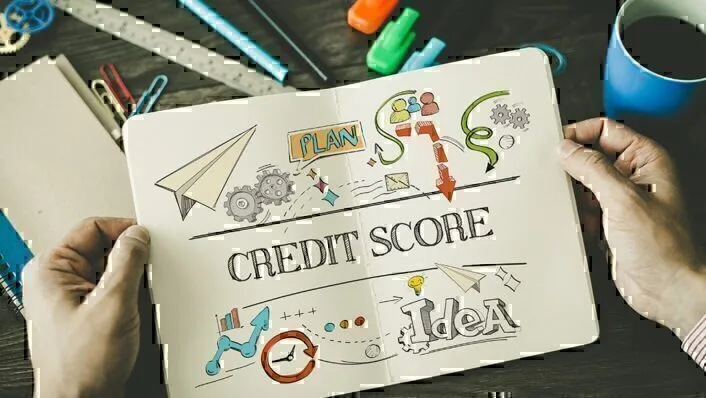Bill Fair and Earl Isaac founded what was to become Fair Isaac Corporation (FICO) in the 1950s. They developed a number of credit scoring systems and related products over the next several decades. Today, your FICO credit score is the standard credit score used by most lending institutions and consumers in the U.S.
The FICO credit score model is based on information contained in an individual’s credit report, and is divided into five categories:
- Payment History – 35%
- Amounts owed – 30%
- Length of Credit History – 15%
- New Credit – 10%
- Types of Credit Used – 10%
Payment History
Payment history accounts for 35% of the credit score. This section analyzes payment histories in all areas of the credit report. Having a solid payment history and no collection items or public records will generally result in a higher score. This section asks the following questions:
- Have payments been made on time and in full for credit cards, store/gas cards, car loans, mortgages, etc.? For revolving accounts such as credit cards, you must make at least the minimum payment by the due date. Anything less will probably result in a late fee.
- Are there public records or collection items? This includes bankruptcies, foreclosure, tax liens, judgments, and other public records.
- Are or were there accounts with payments past due 30 days or more? How many? How late? 30, 60, 90 or more days past due? Were the late payments or collection/public records recent? In general, negative items are less important as time goes on.
- How many accounts have no late payments?
Amounts Owed
The amounts you owe account for 30% of the credit score. Essentially, this area looks at a person’s ability to manage the amount of credit they have available. Regularly using a small amount of credit and paying down installment loans generally will increase a credit score. The questions that are asked here include:
- How much is owed on all accounts?
- How much is owed on different types of credit such as installment loans, mortgages, auto loans, and credit cards?
- Are there balances on multiple accounts? This may indicate that a person is overextended on credit.
- Are there small balances versus no balance, on some types of accounts? By using small amounts of credit a person is showing responsibility with credit.
- What are the balances compared to the credit limits, or original loan amount? If a credit card is “maxed out,” this can indicate that the borrower is overextended. Having paid down the balance on installment loans (for example, an auto loan) is a positive.
Length of Credit History
The number of years you have used credit accounts for 15% of the credit score. Generally, having established credit accounts over time shows stability. How long have accounts been open? What accounts are currently being used?
New Credit
How many times you apply for credit accounts for about 10% of the score. Opening or applying for many new credit lines in a short period of time can indicate an increased credit risk. Considerations include the number of new accounts and number of recent credit applications.
Types of Credit
The types of credit accounts you have accounts for about 10% of the score. Considerations include the number of total accounts and the number of different types of credit lines.
GreenPath Financial Service
Managing Your Credit Score
Staying on top of your credit report is an important financial wellness checkup. Take a look at these free resources to keep you stay informed about your credit score.










